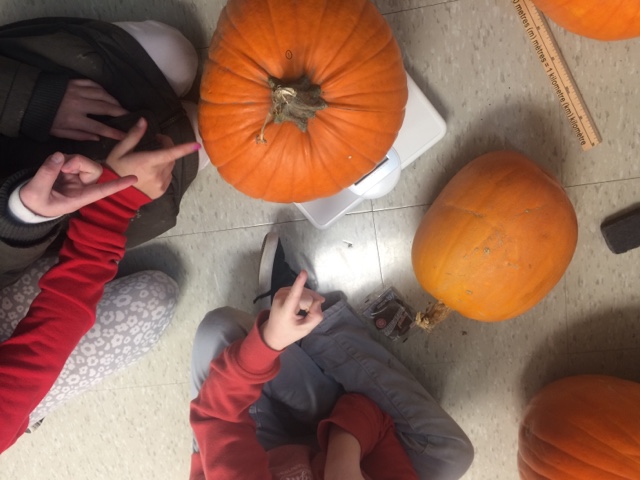Instagram - Follow us @learninglounge
Monday, November 30, 2015
Word Clouds - What a Great Way to Share Our Ideas!
Panoramic Watercolours of Canada
Wednesday, November 18, 2015
Life in Churchill with Polar Bears - What is it like?
Look at all the polar bears!
Recently our class, Room 4, got
a chance to see Polar Bears LIVE from Churchill! Have you ever had an
experience in Churchill? Burrr! It is cold near those polar bears which live
right on the coast of Hudson Bay. We had a chance to ask the scientists a few
questions about polar bears, and so did other schools from across the world.
Here are some of the fun facts we learned about polar bears.
·
They can
be as tall as 4 metres when they stand on two feet.
·
A baby
polar bear can be 600 – 700 grams – similar to the size of a cat.
·
Polar Bears have very sensitive pads on their
feet. They also excrete a scent that other bears can “pick up”.
·
There is evidence that a polar bear could swim up
to 9 days straight.
·
Polar bears have black skin under all of their
white fluffy fur.
·
When they get smelly, they smell like wet dogs.
·
60% of polar bears live in Canada and Churchill
is known as the “Polar Bear Capital of the World”
·
The population of polar bears is higher than the
population of people in Churchill.
·
Polar bears eat ring seals.
·
The reason they get so big from their mother’s
milk is because it is 30 % fat compared to humans which is only 4%.
·
They have a big truck to look at the polar bears
called a Tundra Buggy.
·
Male polar bears are bigger than female polar
bears.
·
Other animals that live in the Arctic tundra are
caribou, arctic fox, seals, walruses, fish and beluga whales.
·
They cannot stay in the heat, - that is why they
live in the arctic where it has a cooler climate.
·
The land is very hard and snowy.
·
There is very little grass or vegetation.
These
are just a few of the facts we have learned.
We still have quite a few questions about polar bears so we will be
emailing them at questions@pbears.org If you have questions, you can email them
too!
In the
meantime, enjoy our polar bear artwork!
From Room 4
Tuesday, November 10, 2015
Thursday, November 5, 2015
Hands On, Off Site Learning
TRANSCONA MUSEUM
Today we went to the Transcona Museum. At the Transcona
Museum we saw old stuff, stuff that is priceless so. . . like old tools that people used in the past. And
they told us about 1000 years ago first people dug underground to find stuff to
help people. We read a book called Mauwhaha Speaks to the Loon (that’s the name
of the book or something like that). IN the book, the character was the best hunter in the world. Then one
day he got too much attention, then he stopped hunting. That’s all I remember from
the story BYE JJJJJ!!
BY: Caleb. M. W.
An Annual Tradition - Pumpkin Math!
Here are some pictures and explanations about our pumpkin measuring and carving from the students themselves!
***Thank you SO much to our amazing volunteers! Without you, this project would not be such a success!!***
Here are some memories from the students.
Here are some memories from the students.
Carving Pumpkins
Pumpkins, aren’t they ooey gooey and delicious!!! Today we
scooped out all the guts out of a pumpkin. Mrs. Steinhoff got a lot of high
school students and adults to help us with the scooping out!!! Our class wrote
a letter to the Safeway manager to ask if we could get some pumpkins and we got
some! There were six pumpkins so we had to get split into groups. We also
counted seeds, and after everybody counted all the seeds, recorded them, and
dumped them into a big bowl we counted up all the recorded numbers!
And the total was…2739 seeds out of six pumpkins!!!
by Brooklyn
Labels:
Building Community,
Holidays & Celebrations,
Math
Subscribe to:
Comments (Atom)











































